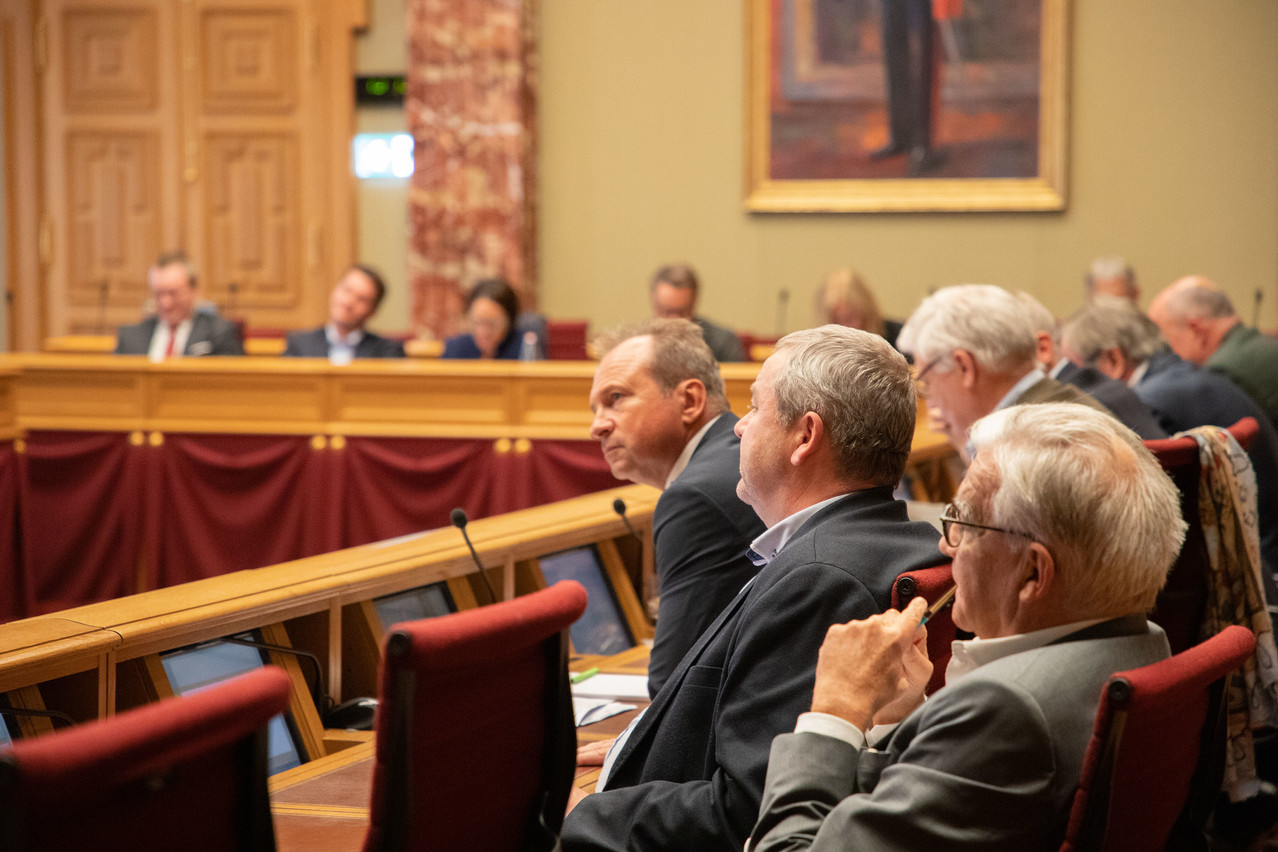After many twists and turns, the Chamber decided that the former minister for the environment (déi Gréng), who following the should be as possible in the framework of a common law procedure set out in the proposed law .
This proposal, which was tabled on 18 July, has been slow to materialise. The timeline is essential: the , which is due to come into force in the middle of the first half of 2023, plans to modify the current system of criminal proceedings against members of the government by making it subject to ordinary law.
Tight schedule
However, the deadline was considered too long by some, especially as the procedure could have disrupted the municipal and legislative elections, which take place in June and October 2023. The idea was therefore to adopt this law tailored to Carole Dieschbourg as soon as parliament resumed sitting so that the courts could hear the former minister as early as October or November--before the new Constitution came into force and election campaigns began.
However, four months after the proposal was tabled and one month after the start of the parliamentary session, the law has still not been adopted. “This adoption should have taken place as soon as possible,” said (CSV). “If I am not mistaken, it was supposed to take place before All Saints’ Day. We were not asking for this law, but we supported it by insisting from the beginning that the Chamber should do its best to ensure that the law was passed as soon as possible. It is a pity that it has been dragging on ever since,” added the leader of the parliamentary group of the main opposition group in the Chamber.
“Very embarrassing”
“It is very embarrassing,” said (Piratepartei). “We are in the hands of the majority and I don’t have the impression that they want to speed up the process,” he said, while admitting that he did not understand what interest the majority would have in delaying the process. “Waiting to make people forget the affair?” he wondered.
But the majority has its reasons: “We are waiting for the opinion of the Council of State,” said the leader of the DP parliamentary group, . “As deputies, we have done our job,” confirmed the president of the déi Gréng fraction, . “It is good if we can vote on the proposal as soon as possible, but it is still in the Council of State, which has not yet given its opinion,” explained the majority deputy, who hopes that it “will be given soon.”
Prioritisation possible
“The presidency of the Chamber could have insisted that this opinion be considered urgent, in view of the forthcoming adoption of the Constitution,” said Roth, who is concerned about the potential “procedural problems that should not be underestimated” if the application of the law coincides with the transition period to the new Constitution. And if Lorsché considers that it is not the role of a deputy to contact the Council of State with regard to the “separation of powers,” the CSV deputy considers that it is “always possible to set priorities, especially since few bills require it.”
The many covid laws, although much more complex, according to Roth, are proof of this, since they were all adopted within a short timeframe. “With the covid texts, they have succeeded well,” confirmed Clement, who considers that it is “easy” for the majority to shift the responsibility to the Council of State. In fact, “who appointed them?” he quizzed, pointing to the very political appointments of Council of State members.
“We want the law to be passed as quickly as possible so that my client can explain herself in the context of the investigation,” said , Carole Dieschbourg’s lawyer. “Far from wanting to slow down the progress of the investigation, the defence wants it to progress,” he added.
This story was first published in French on . It has been translated and edited for Delano.
